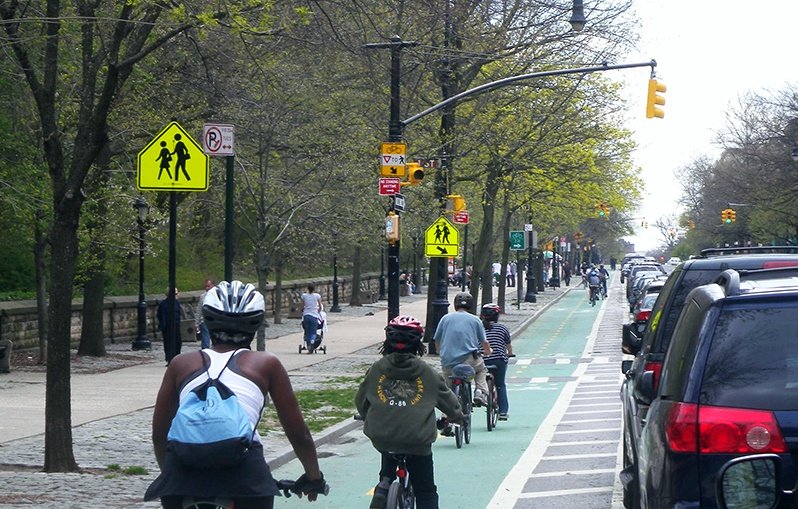FIRST KN-C³ WORKSHOP WITH KAIST
Over the course of May 15-18th, NYU Tandon hosted KAIST (Korea Advanced Institute of Science & Technology) for the first KN-C³ Workshop. KAIST faculty and students traveled from Korea for the four-day workshop for a research exchange between the two schools, which focused on transportation and urban research.










